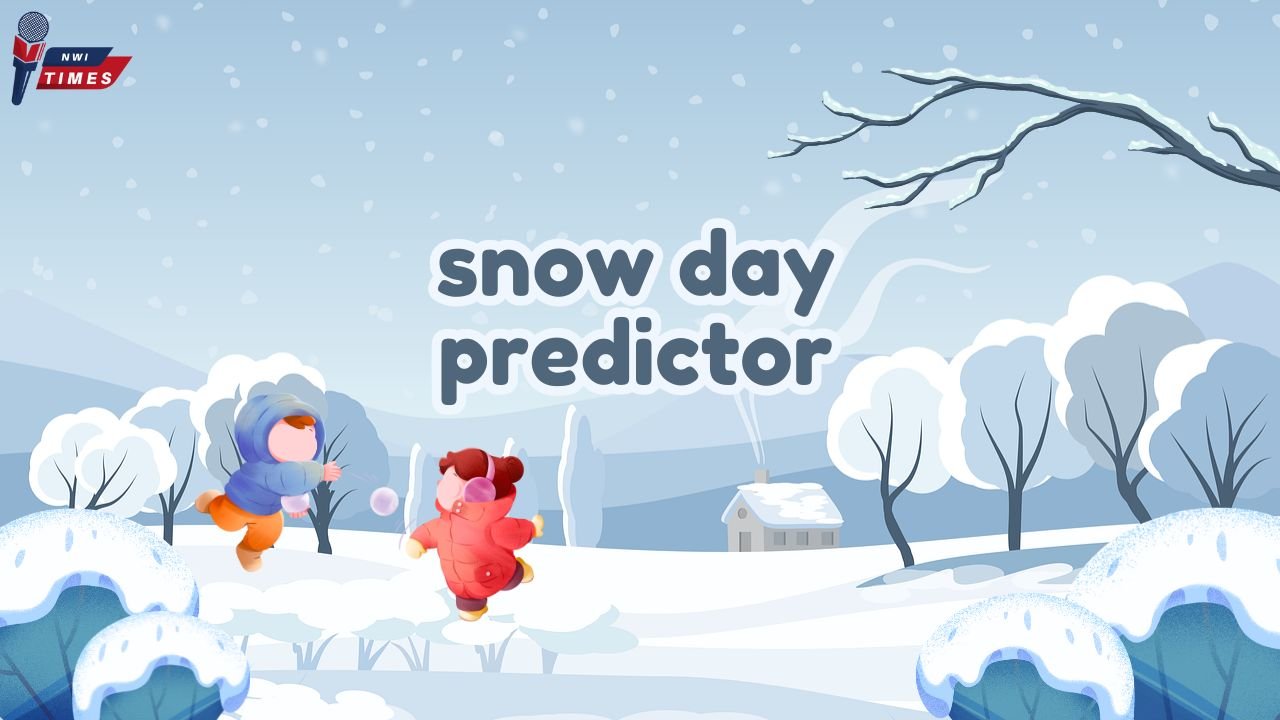Snow days bring joy and excitement, especially for kids and those who love a break from their routine. But how can you predict if a snow day will happen? A snow day predictor can help forecast these special days. This article explains what a snow day predictor is, how it works, and its benefits and drawbacks.
What is a Snow Day Predictor?
A snow day predictor is a tool or system that helps forecast whether schools or workplaces will be closed due to snow. These predictors use weather data to estimate the likelihood of snow causing closures. They often look at weather forecasts, snow accumulation, and local conditions to make their predictions. By analyzing these factors, the predictor can give an idea of how likely it is that a snow day will occur. This can be useful for planning ahead and avoiding any surprises on snowy mornings.
How Does a Snow Day Predictor Work?
A snow day predictor uses various weather data sources to make its predictions. It starts by gathering information from weather reports, such as temperature and precipitation forecasts. This data helps the predictor understand if snow is likely and how much might fall. The predictor also considers local factors like road conditions and school policies. For instance, if a large amount of snow is expected, the predictor might forecast a snow day if the roads are unsafe for travel.
What Factors Influence Snow Day Predictions?
Several factors influence snow day predictions. Weather conditions are the primary factor, including temperature and snowfall amounts. Local geography and road conditions also play a role. For example, mountainous areas may experience more snow compared to flat regions. School policies and historical weather patterns in the area are considered as well. If schools often close with similar weather conditions, the predictor might use this information to make its forecast.
How Accurate Are Snow Day Predictors?
The accuracy of snow day predictors can vary. Some predictors use advanced technology and data analysis to provide reliable forecasts. However, weather can be unpredictable, and changes in conditions can affect the accuracy of predictions. A snow day predictor might not always be 100% accurate due to unexpected weather changes. It’s a good idea to check multiple sources and stay updated with local weather reports for the most reliable information.
What Are the Benefits of Using a Snow Day Predictor?
Using a snow day predictor has several benefits. It helps people plan ahead by giving an early warning about potential snow days. This can be helpful for adjusting work schedules or making travel arrangements. It can also reduce stress by providing a clearer idea of what to expect. Additionally, it allows parents and students to prepare for school closures, ensuring they have enough time to make necessary arrangements.
| Benefits | Drawbacks |
| Provides early warnings | Can be inaccurate |
| Helps in planning ahead | Weather can change quickly |
| Reduces stress | May rely on outdated data |
| Allows for better preparation | Not always reliable |
What Are the Drawbacks of Snow Day Predictors?
Snow day predictors have some drawbacks. One major issue is accuracy; no predictor can guarantee a snow day will happen. Weather conditions can change rapidly, making predictions less reliable. Some predictors may also rely on outdated or incomplete data, which can affect their accuracy. Users should be aware that while these predictors provide helpful information, they should also stay informed through up-to-date weather reports.
How Can You Use a Snow Day Predictor Effectively?
To use a snow day predictor effectively, check the forecast regularly and use it as one of several tools for planning. Combine its predictions with current weather reports and updates from local authorities. This approach will give you a more comprehensive understanding of whether a snow day is likely. Being prepared for unexpected changes in weather will help you manage any surprises better.
Where Can You Find Snow Day Predictors?
Snow day predictors can be found online and through various weather apps. Many local news websites and weather services offer snow day predictions as part of their weather forecasts. Some educational websites and tools specialize in predicting school closures due to snow. Checking multiple sources will give you a better idea of the accuracy and reliability of the predictions.
How Do Snow Day Predictors Compare to Other Weather Forecasting Tools?
Snow day predictors are similar to other weather forecasting tools but focus specifically on school and workplace closures. Unlike general weather forecasts, they are tailored to predict closures due to snow. While general weather forecasts provide information on temperature and precipitation, snow day predictors use this data to estimate the likelihood of a snow day. This specialized focus can make them more useful for planning around potential closures.
Conclusion
A snow day predictor is a helpful tool for forecasting whether schools or workplaces will close due to snow. It uses weather data and local conditions to make predictions about snow days. While snow day predictors can provide useful information and help with planning, they are not always accurate. Combining their forecasts with up-to-date weather reports will give you the best chance of preparing for snowy days.



